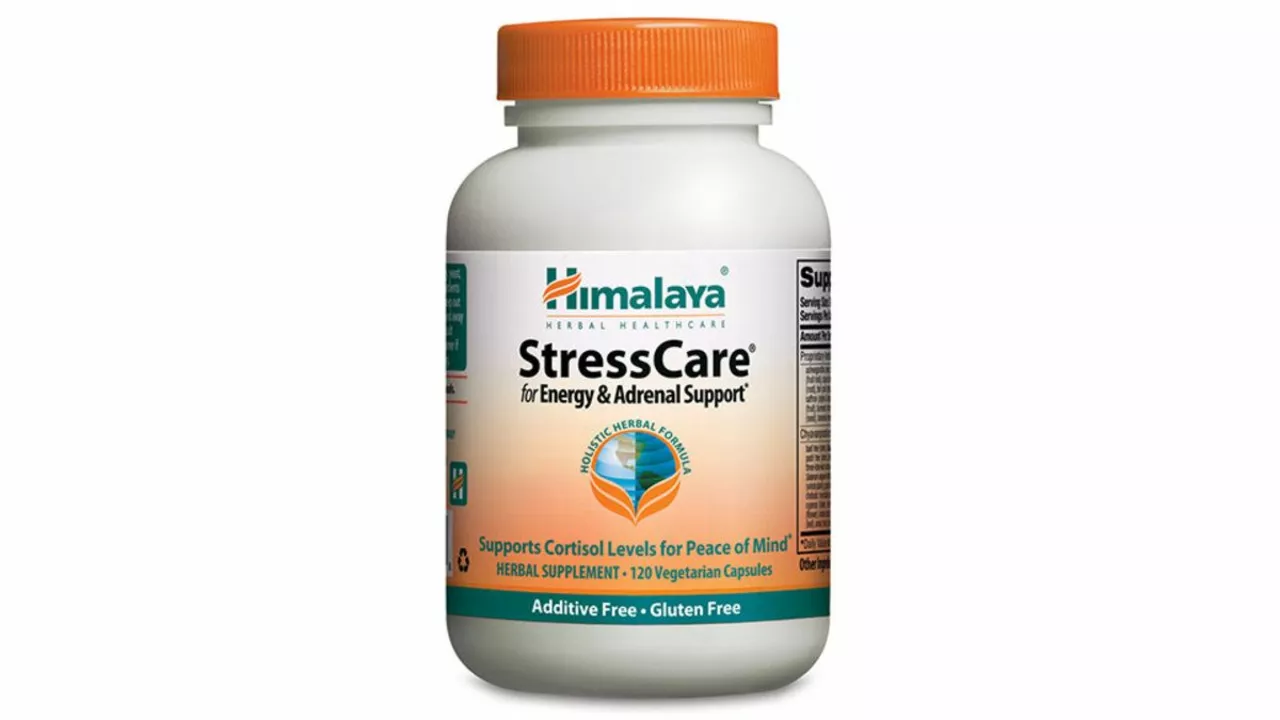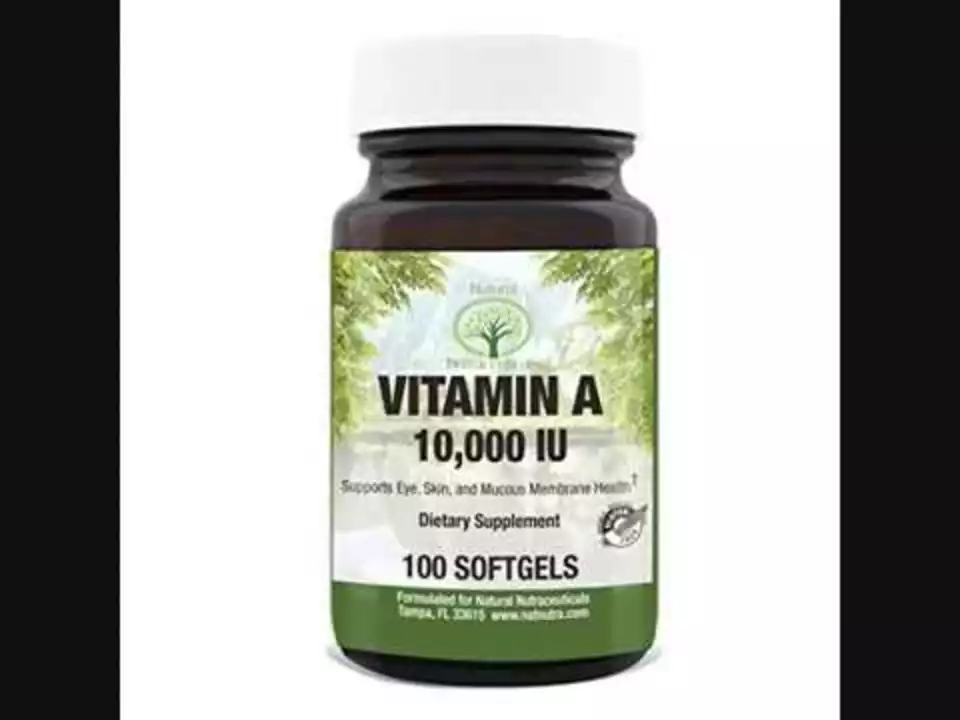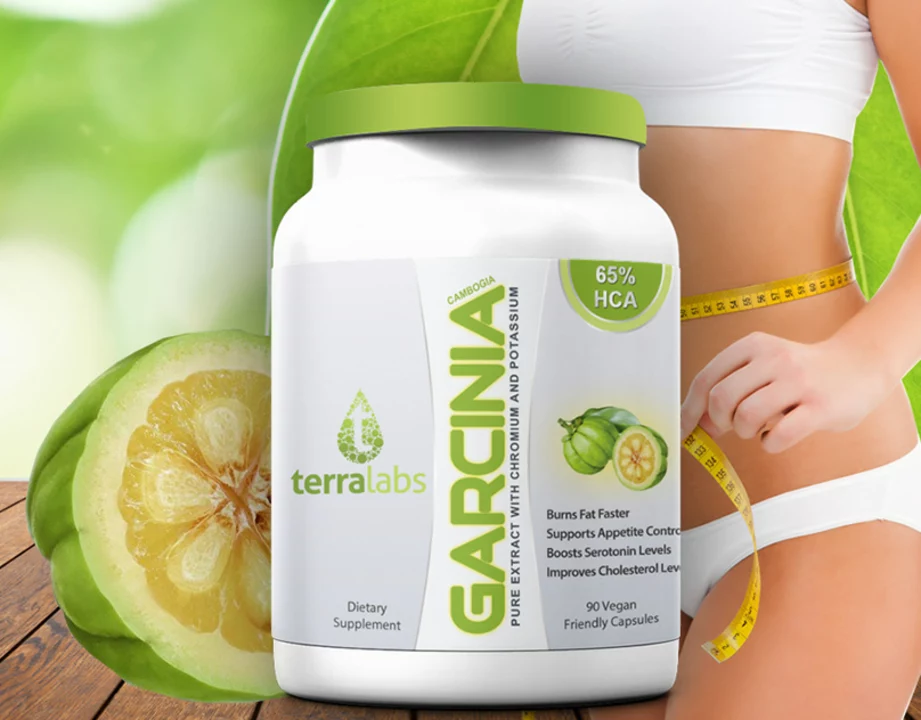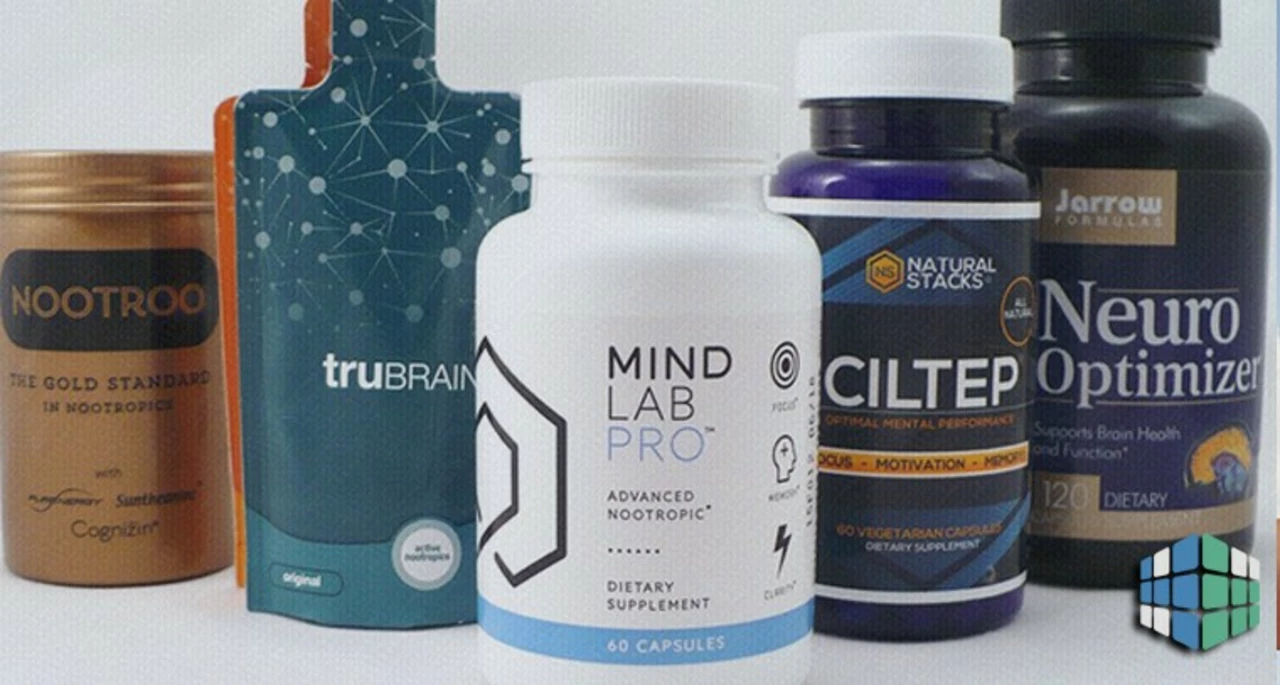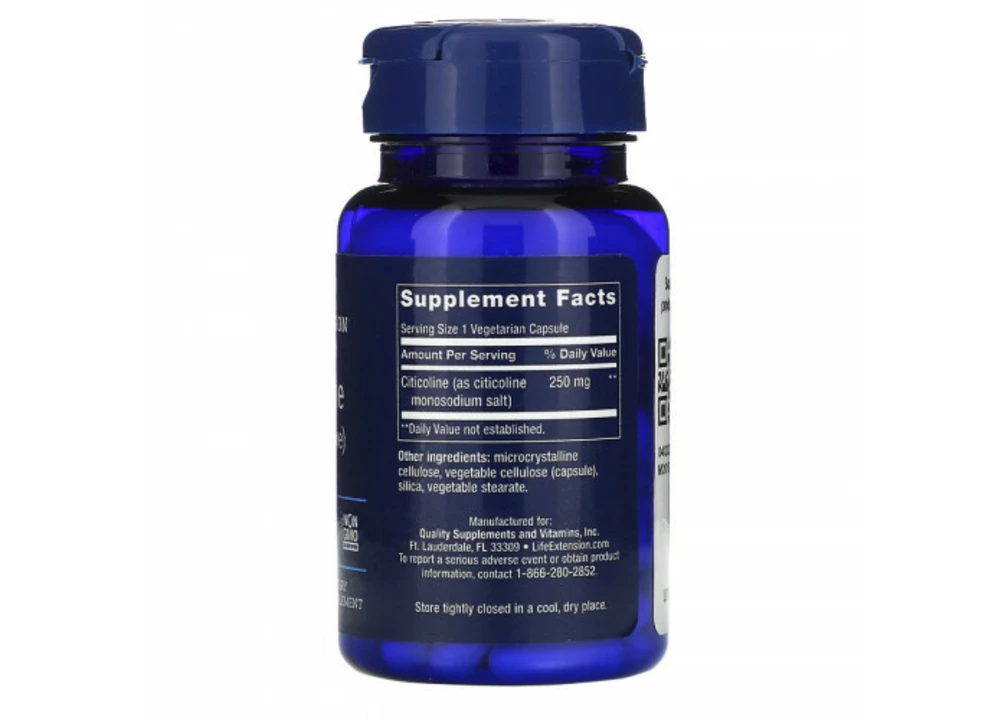Dietary supplement: how to pick the right one and use it safely
Most people take supplements hoping for a health boost. Trouble is, not every bottle gives what the label promises. This page helps you cut through marketing, choose quality supplements, and avoid common risks—so your money and health both get the best return.
How to pick a quality supplement
Start by asking why you want the supplement. Are you correcting a deficiency, supporting athletic performance, or filling gaps in your diet? Pick one product that matches that clear goal. Look for the active ingredient and the dose on the label—don’t buy products that hide amounts behind a “proprietary blend.”
Check for third-party testing seals from groups like USP, NSF, or ConsumerLab. These seals mean the product was tested for identity and contaminants. Also read the ingredient list: fewer fillers and clear forms (for example, “methylcobalamin” for B12) are better than long, vague lists. Note the country of manufacture and the expiration date.
Watch out for big health claims and miracle cures. Supplements can help, but they don’t replace medical treatment. If a product promises dramatic results with no effort, that’s a red flag.
Using supplements safely
Start with food-first. A varied diet covers most needs, and supplements should fill gaps, not replace meals. If you do take a supplement, begin at the lowest effective dose and give it a few weeks to judge effects. Keep a simple log: what you take, dose, when, and any changes you notice.
Talk to your clinician before starting supplements if you take prescription drugs, are pregnant, nursing, or have chronic conditions. Some supplements interact with medicines—vitamin K can affect blood thinners, high-dose vitamin E may raise bleeding risk, and certain herbs can change how drugs are metabolized. If you’re on medication, list every supplement during appointments.
Certain supplements need monitoring. For example, vitamin D, iron, and B12 levels can be checked by blood tests so you don’t overshoot safe ranges. Athletes should check anti-doping rules for banned substances in some products.
Storage matters: keep supplements in a cool, dry place away from sunlight. Throw away any pills that change color, smell odd, or are past the expiration date. If you buy online, choose reputable pharmacies or brands with clear customer service and return policies.
Want concrete reads? Our articles on Pumpkin Dietary Supplement and Unlocking the Power of Molybdenum explain real benefits, typical doses, and what to watch for with those specific supplements. Use those pieces to compare labels and decide if a product fits your needs.
Small steps beat big promises: pick a tested product, match dose to need, check interactions, and re-evaluate regularly. That simple routine keeps supplements helpful instead of harmful.
Well folks, hold onto your hats because Bloodroot, this crazy dietary supplement, is storming onto the global scene like a whirlwind! Now, you may be thinking, "What on earth is Bloodroot?" I'm here to tell you, it's not some vampire's favorite drink, but a game-changer that could revolutionize your life! This gem from Mother Nature's treasure chest is giving everyone the chance to boost their health, and let me tell you, it's creating quite the buzz. So, get ready to transform your life one Bloodroot capsule at a time, and let's ride this health storm together!
After trying a potent dietary supplement derived from Bayberry, I am amazed by its natural healing properties. This supplement, packed with antioxidants, has proven beneficial for my overall health. I've noticed improvements in my digestion, immune system, and energy levels. I definitely recommend giving this natural remedy a try if you're looking for a health boost. Trust me, experiencing the power of Bayberry firsthand is truly transformative!
In my latest blog post, I delve into the benefits of Dragon's Blood, which is emerging as a potent dietary supplement for overall health and well-being. Made from the sap of a specific group of trees, this unique supplement is packed with antioxidant and anti-inflammatory properties. I discuss how it can support the body's healing processes, boost the immune system, and maintain a healthy heart. With its rich composition, Dragon's Blood can also aid in digestion and skin health. Dive in to discover why this surprising supplement is being hailed as the ultimate wellness booster.
I recently discovered the incredible benefits of Indian Snakeroot, a powerful dietary supplement that has transformed my health in ways I never imagined. This magical herb, native to India, has been used for centuries in Ayurvedic medicine for its potent healing properties. I've personally experienced improvements in my mental well-being, stress relief, and overall vitality since incorporating Indian Snakeroot into my daily regimen. The best part is that it's natural and comes with minimal side effects when taken in recommended doses. I truly believe that everyone should give this amazing supplement a try to experience its life-changing benefits for themselves!
I recently discovered the incredible benefits of iodine, a game-changing dietary supplement that we simply can't ignore. Iodine is essential for our thyroid function, which regulates our metabolism and supports overall health. By incorporating iodine-rich foods or supplements into our diets, we can improve our immune system, cognitive function, and even prevent certain diseases. I've personally experienced increased energy levels and better focus since introducing iodine into my routine. Give it a try and see how it can transform your health too!
I've just discovered an incredible dietary supplement called Clivers that's truly life-changing. This amazing product is packed with numerous health benefits that can improve our overall well-being. Not only does it help with detoxification and digestion, but it also supports our immune system. I can't wait to incorporate Clivers into my daily routine and see the positive changes it brings. Trust me, you'll definitely want to give this supplement a try!
In today's fast-paced world, I've discovered a dietary supplement that offers some truly surprising health benefits. Superoxide Dismutase (SOD) is an antioxidant enzyme that helps protect our cells from damaging free radicals. I was amazed to learn that SOD can actually improve our immune system, slow down the aging process, and even reduce inflammation. As a bonus, it's also beneficial for our brain and heart health. I believe incorporating this incredible supplement into our daily routine could greatly enhance our overall well-being in the modern age.
Recently, I came across a life-changing dietary supplement called Calamint, and I just had to share its magical benefits with you all! This incredible supplement has been a game-changer for me, improving my overall health and well-being. Since incorporating Calamint into my daily routine, I've noticed increased energy levels, better digestion, and even some weight loss. The best part is that it's made from natural ingredients, so I know it's safe for my body. If you're looking to give your health a boost, I highly recommend giving Calamint a try!

